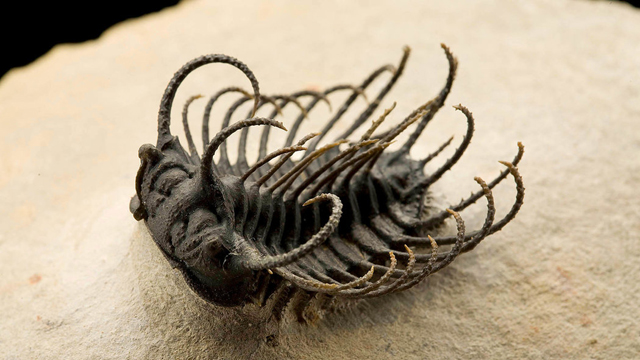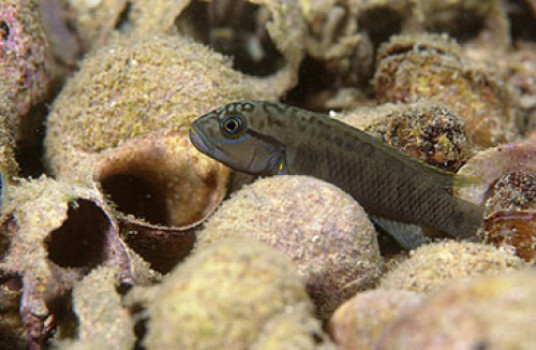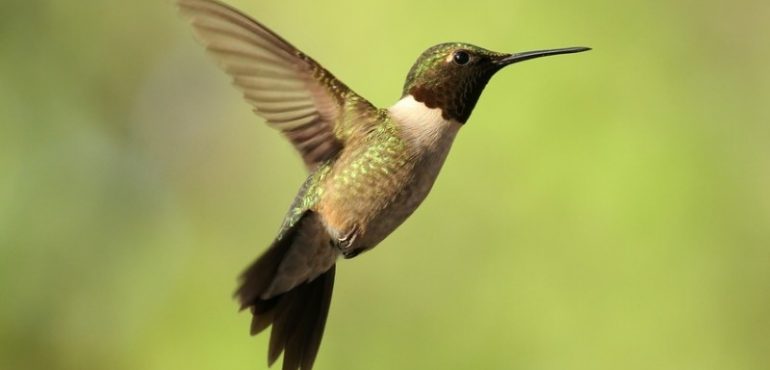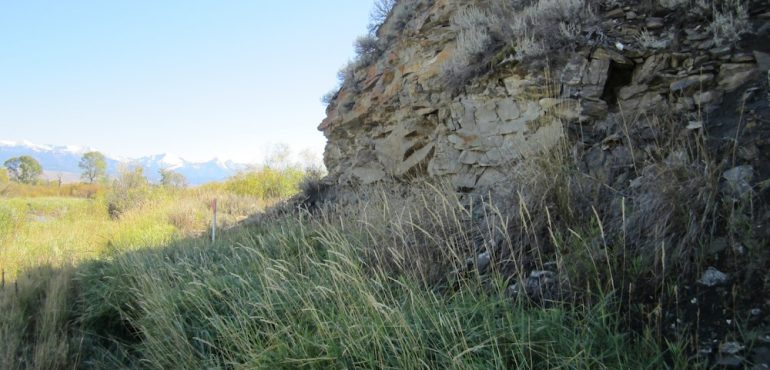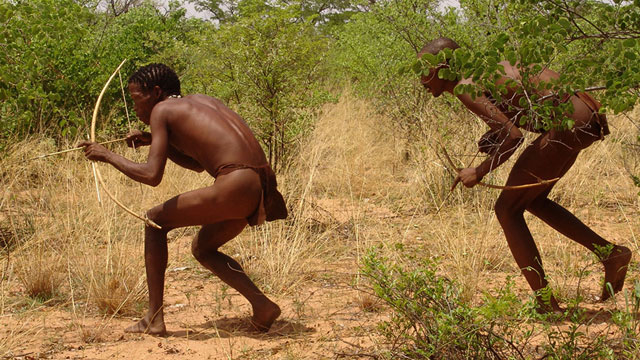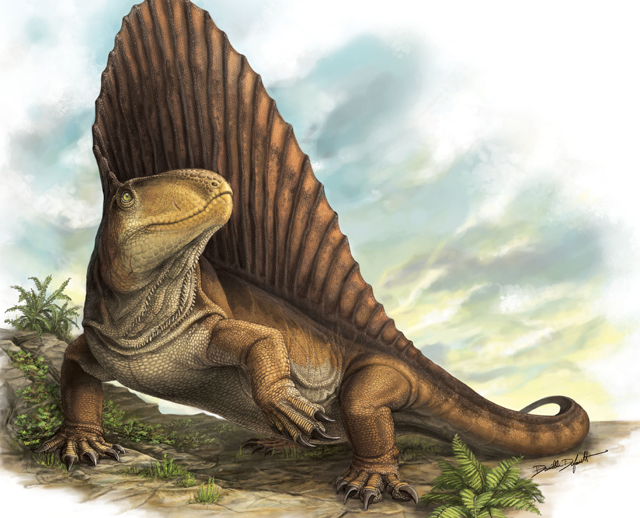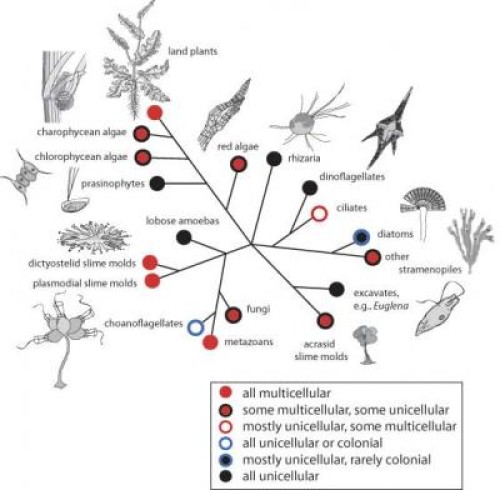Trilobites may be the archetypal fossils, symbols of an archaic world long swept beneath the ruthless road grader of time. But we should all look so jaunty after half a billion years. At the Smithsonian’s National Museum of Natural History, Brian T. Huber, chairman of paleobiology, points to a flawless specimen of Walliserops, a five-inch trilobite that swam the Devonian…
Read more
When Trilobites Ruled the World
